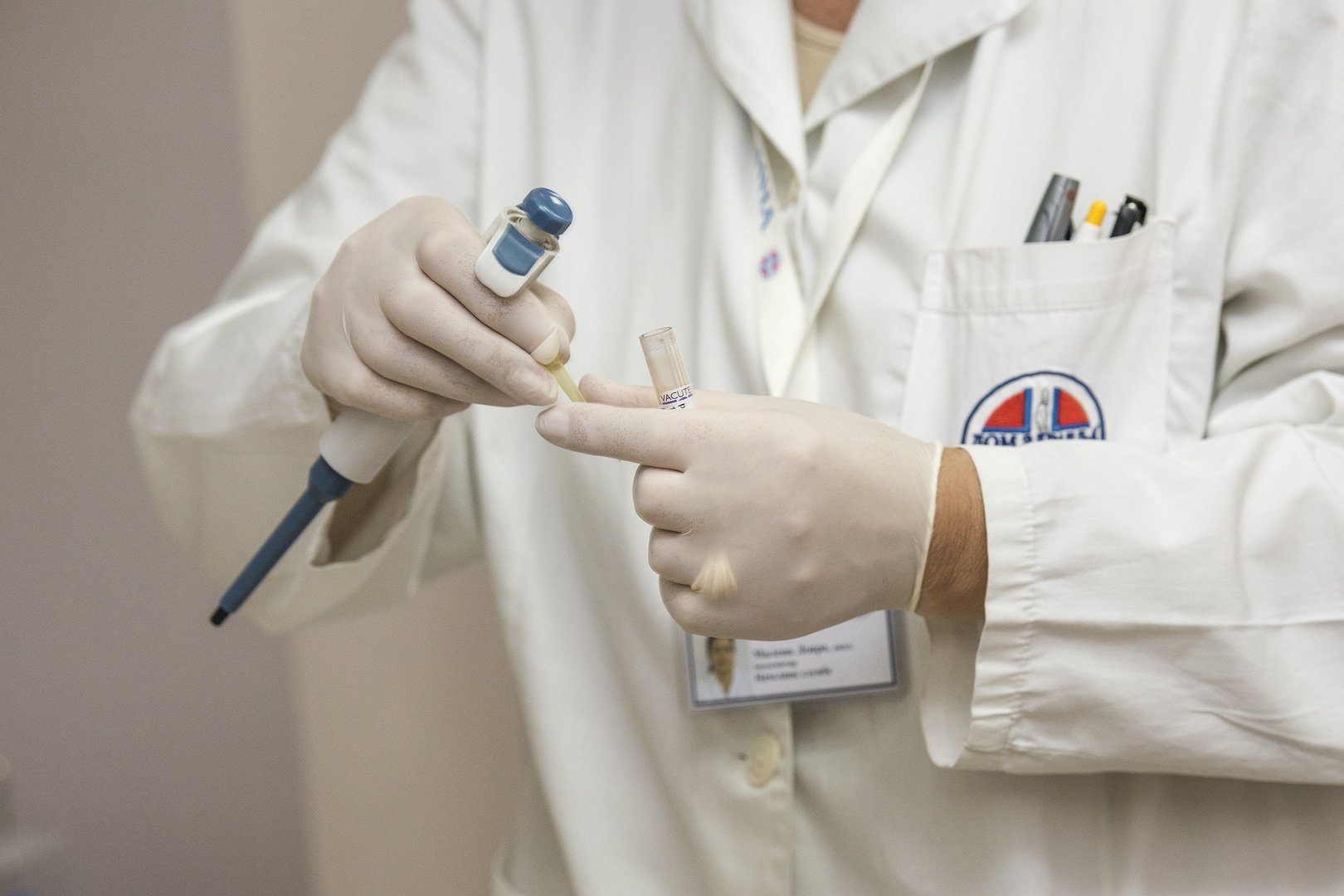The long-standing dispute over the creation of university clinics in Cyprus resurfaced on Thursday, with public doctors again voicing strong objections.
The government’s decision to push forward with a bill allowing the establishment of university hospitals has triggered fresh criticism from the Pancyprian union of government doctors (Pasyki), which argues that the issue requires further consultation.
More than a decade has passed since the initial debates on the matter, and nine years since the first version of the bill was presented to Parliament. Yet, the dispute remains unresolved. On Monday, the cabinet approved the latest draft, prompting Pasyki to express frustration over the lack of dialogue.
Following a recent announcement from the union, its president, Sotiris Koumas, responded to public statements made by Health Minister Michael Damianos. The minister had earlier outlined key provisions of the bill, which include integrating university clinics within public hospitals and establishing “affiliated hospital clinics”.
“The minister’s statements regarding the bill do not reflect Pasyki’s positions,” Koumas said.
He criticised the government for failing to engage in meaningful discussions with public doctors, adding, “We are one of the main stakeholders in this process, yet we were not adequately consulted.”
Under the proposed framework, university clinics would be led by academic professionals, while affiliated hospital clinics would be directed by hospital-based doctors selected in collaboration with medical schools. Meanwhile, existing hospital clinics would continue to operate as they do today.
Koumas argued that before implementing university clinics, the government should first address the structural hierarchy of public sector doctors.
“We must first establish clear professional structures in public hospitals before discussing university clinics,” he insisted.
When asked to respond to Pasyki’s objections, Damianos pointed out that the matter has been under discussion since 2014.
“The positions of all stakeholders are well known. Separate and joint meetings have taken place over the years. If we waited for complete consensus, we would never move forward with this legislation,” he said.
“The doctors will have the opportunity to present their arguments in parliament when discussions begin.
Their stance has remained unchanged for ten years,” Damianos added. He described Monday as a milestone day for his tenure, stating that the bill, long debated since 2013, was finally moving to the legislative stage.
Speaking to the Cyprus Mail, health ministry spokesman Demetris Constantinou stated:
“The legislation was first drafted in 2013 to enhance the healthcare sector, and the establishment of university-affiliated clinics represents a significant step forward for Cyprus. These clinics will contribute to medical education, research, and overall healthcare quality.”
He further emphasised that despite longstanding opposition from public sector doctors, the time had come for the bill to move forward.
“This legislation has been under discussion for over a decade. At some point, its implementation had to proceed, as delaying it indefinitely due to objections would hinder the modernisation of the healthcare system,” Constantinou added.
The issue has been tackled by five health ministers across two administrations, with several versions of the bill drafted. Some reached Parliament but never became law, as concerns about insufficient dialogue persisted in every instance. Whether this latest effort will succeed remains to be seen.






Click here to change your cookie preferences